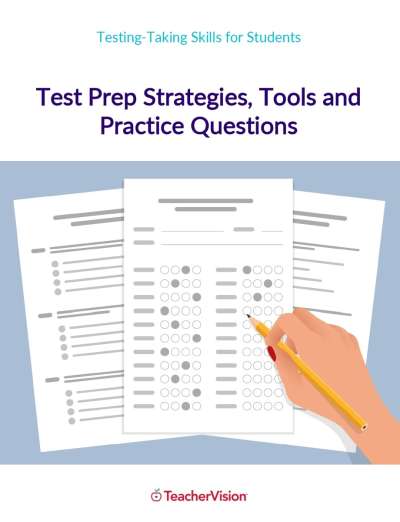Many children benefit from a set homework schedule. For some, the responsibility of deciding when to sit down and do home work is too difficult. These children may decide to do their homework after school or after dinner. This is a personal choice and has to do with learning style. However, once the time is determined, the schedule should be adhered to as realistically as possible. This will also relieve the problem of having to "hunt down" or "corral" children to get them to do their homework. After a while, this will become a natural part of their schedule. It should be noted that during this time, no interruptions should be allowed. Phone calls, TV, and everything else can wait until the work is completed.
Check homework assignments at the end of the night. Anxiety is exhibited by some children over the thought of possibly bringing incorrect homework to school. Therefore, it is very important for parents to take time each night to check home work. This offers children a feeling of accomplishment, a source of positive attention, and a sense of security that the work is correct. This sense of academic security may carry over to the classroom and offer children a greater sense of confidence with classwork. However, if it is clear that the child did not understand a particular concept, the teacher should be made aware of it.
RANK THE ASSIGNMENTS
For some children, the decision about what to do first becomes a major chore. They may dwell over this choice for a long time. Other children use horizontal perspective. This occurs when everything takes on the same level of importance and no priority is seen.
If you choose to rank order, suggest which assignment to do first and so on. Many children tend to use a quantity orientation (number of assignments left) rather than a qualitative orientation (difficulty of assignment). This means that if they have five things to do, have them finish the four easy ones first. In their eyes, they have only one assignment left even though it may be a more difficult task.
DON'T HOVER NEXT TO YOUR CHILD DURING THE HOMEWORK SESSION
This is usually a very big problem for some parents. All I can say is that parents employing this technique are not only setting themselves up for tremendous frustration and anger, but they are also creating "learned helplessness."
Many parents will say that their children cannot work unless they are sitting next to them. It is not that many children are unable to work, but that they choose not to work. The work stoppage on the part of children occurs when a parent attempts to break away and no longer provides them with undivided attention. This "dependency" is very unhealthy because it is not imitated in the classroom. Consequently, such children may put off doing their classwork and bring the unfinished work home. In this way they may gain mommy or daddy's full attention. After a hard day's work, parents are tired, and the thought of sitting down with children for up to three hours doing homework can only lead to problems.
If you are already locked into this type of situation, you should not break away all at once. You should desensitize children a little at a time. Sit at the end of the table for a few days. Then slowly increase the distance between yourself and the child's work until he or she is working alone.
CHECK CORRECT PROBLEMS FIRST
Parents sometimes have a habit of "zeroing in" on the incorrect problems. Next time your child brings you a paper to check, focus first on how well he or she did on the correct problems, spelling words, and so on. For the answers that are incorrect say, "I bet if you go back and check these over you may get a different answer." Now the child will go back and redo the problems without any animosity or feelings of inadequacy. If you focus first on the incorrect problems and become angry, when the child returns to the work area he or she will likely be more involved in dealing with the loss of parental approval rather than finishing the task.
You may want to check small groups of problems at a time. Many children benefit from immediate gratification. Have your child do five problems and then come back to you for checking. Zero in on the correct ones, and after they are checked send the child back to do the next group. In this way the child gets immediate feedback and approval and the necessary motivation for the next assignment. Additionally, if the child is doing the assignment incorrectly, the error can be detected and explained, preventing the child from having to redo the entire assignment.











